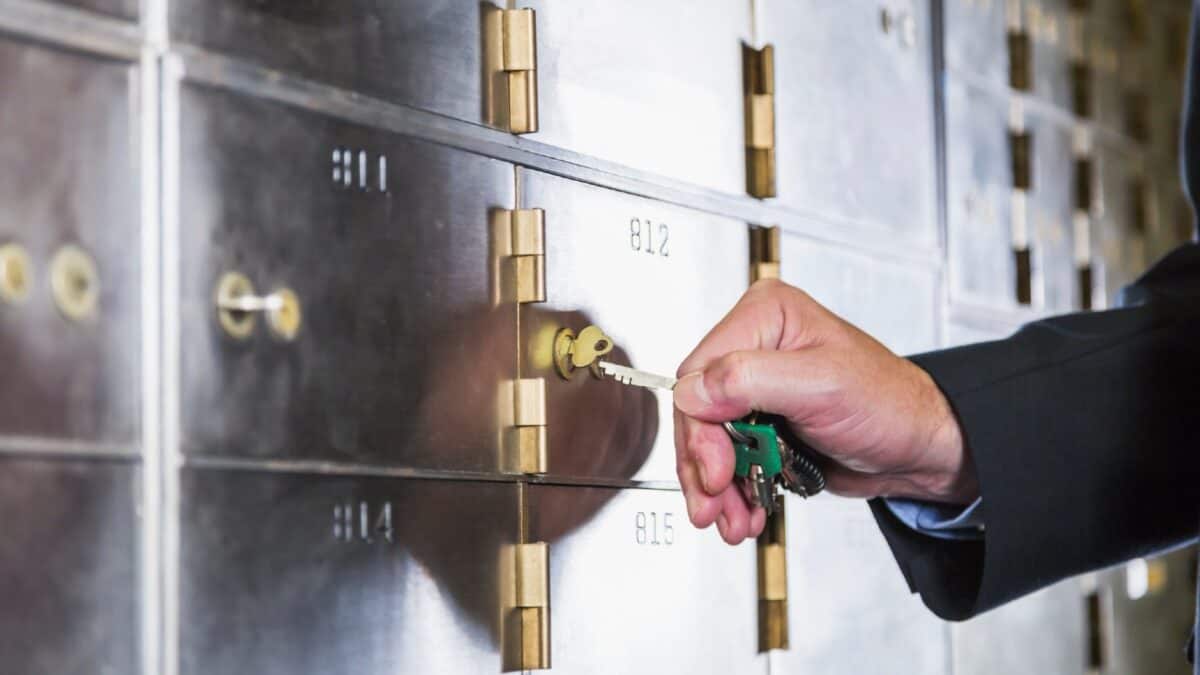
Image source: Getty Images
The FTSE 100 is an interesting group to watch right now. It has been a mixed last 12 months for many UK large-cap stocks, with Rolls-Royce rocketing 140% higher while Rentokil has fallen 36% in the same period.
The UK economy is also in an interesting place. Inflation looks to have moderated, further interest rate cuts look likely, and there are signs of growth. However, concerns around increased taxes and ongoing Brexit troubles provide a counterbalance.
All of this has me thinking about a potential recession. As a long-term investor, I think it pays to always be looking to ‘weatherproof’ my portfolio. There’s one FTSE 100 stock that I have my eye on should we see the economy contract in 2024.
Home improvement in vogue
Recessions are typified by less consumer spending as people tighten their belts and stretch their budgets further. One area that I think could benefit massively is the home improvement sector.
Kingfisher (LSE: KGF) is an international home improvement company sitting in the FSTE 100. The group operates in eight countries across Europe with a number of brands, including B&Q.
Home improvement stands out to me as a potentially defensive sector. Similar to the used car market, it provides an alternative to buying new as people roll up their sleeves to get the work done themselves.
The Kingfisher share price has been soaring in recent months. In fact, the FTSE 100 stock is up 31.7% in the last three months and nearly 50% in the past year.
The key to long-term investing is picking high-quality companies and paying the right price. I needed to see if Kingfisher is still good value after its recent run.
By the numbers
The group generated earnings before interest, tax, depreciation, and amortisation (EBITDA) of £1,330m from £12,980m in sales in FY24. I like that Kingfisher is profitable and cash generative, with net profits of £345m and £514m of free cash flow.
Pleasingly for yield hunters, the Board announced an unchanged total dividend of 12.4p for 2024. The stock currently has a 3.8% dividend yield, which is nothing to sneeze at.
On the balance sheet side, net debt totalled £2,116m, including £2,367m of total lease liabilities. With net leverage sitting at 1.6 times EBITDA, I think that provides some strength and flexibility moving forward.
Valuation
Kingfisher’s price-to-earnings (P/E) ratio of 18.4 doesn’t seem too high for a potential defensive play. The Footsie has a P/E ratio of around 20, which gives me some comfort around relative value.
Similarly, a 0.92 price-to-book (P/B) ratio implies a slight discount to net assets on the balance sheet.
Verdict
Kingfisher looks to be in good shape to me. It’s generating cash, has a healthy balance sheet, and looks reasonably priced.
Of course, risks remain even for companies that can be more defensive. Slumping sales, rising costs, and supply chain challenges are a few that spring to mind when considering whether to invest.
All of that said, if we see the economy heading into a prolonged recession, this FTSE 100 stock would be right at the top of my shopping list.













